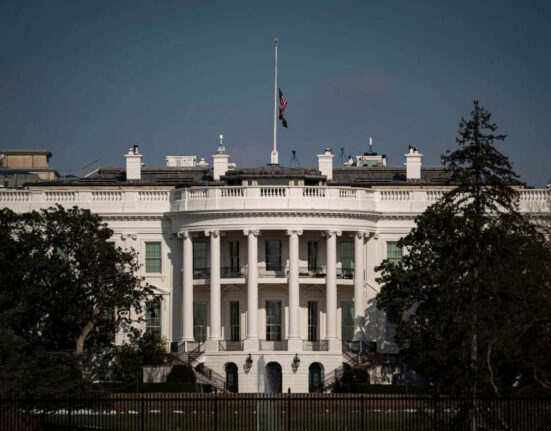United States President Donald Trump recently took to his Truth Social platform to express his frustration with China, accusing the country of violating an agreement on tariffs and critical minerals trade. The deal, which was reached during trade talks in Geneva, Switzerland, aimed to ease tensions between the two economic powerhouses.
Trump’s Allegations
In his statement, Trump claimed that he had made a swift agreement with China to reduce tariffs significantly for a period of 90 days. He asserted that this move was crucial to prevent what he described as “grave economic danger” for Beijing. According to Trump, China was facing severe economic repercussions due to the high tariffs imposed by the United States, leading to factory closures and social unrest within China.
As part of the agreement, both countries were supposed to scale back their tariffs and trade restrictions on critical minerals. However, Trump alleged that China had failed to uphold its end of the bargain. He criticized China for not adhering to the terms of the deal and accused them of breaching the agreement they had made in good faith.
Expert Insights
Experts suggest that this latest development could reignite tensions between the US and China regarding trade policies. The failure of one party to honor their commitments could have far-reaching implications for global trade dynamics. It remains uncertain how both nations will navigate this setback and whether it will escalate into a full-blown trade dispute.
Responding to questions about China’s alleged violation, Trump mentioned that he intended to address the issue directly with Chinese President Xi Jinping. This indicates a willingness on behalf of both leaders to engage in dialogue and negotiation despite the current discord over trade matters.
China’s Response
Meanwhile, China’s embassy in Washington has refuted Trump’s claims of non-compliance. The embassy stated that they have been in communication with US officials following the Geneva discussions but expressed concerns about certain export control measures imposed by the US government. They urged the US to rectify these actions and uphold their mutual agreements from previous high-level talks.
The situation is further complicated by reports indicating that US firms providing essential services related to semiconductor design have been instructed not to engage with Chinese entities. This move reflects growing unease around strategic exports and technology transfers between both countries.
Potential Ramifications
The escalation of tensions between the US and China could have ripple effects across various industries globally. For instance, there are fears within automotive circles about a potential shortage of rare-earth magnets from China—a key component used in manufacturing essential parts for vehicles. If not addressed promptly, this scarcity could disrupt supply chains and lead to production delays or even shutdowns in critical sectors like automotive manufacturing.
As uncertainty looms over future trade relations between these economic giants, businesses are closely monitoring developments that may impact their operations and supply chains.









Leave feedback about this